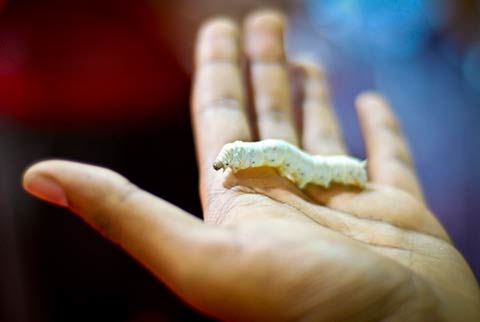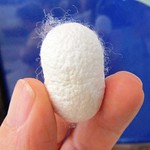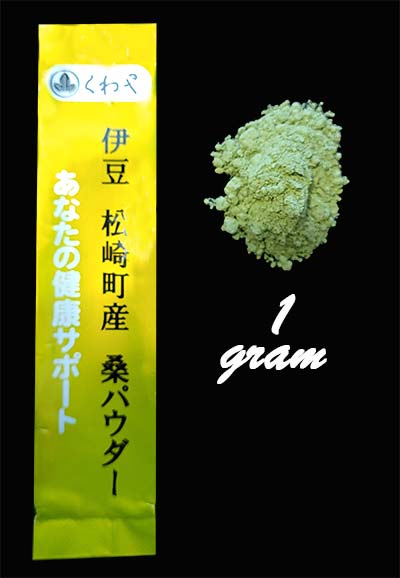 Silk was of the first major exports of China. The cultivation of silkworms and the fact that silk came from the worms, which actually are caterpillars and not worms, was a highly protected secret. Equally important was the knowledge that the mulberry tree was the silkworm's only source of food. Any attempt to get this top-secret information and take it abroad was punishable by death.
Silk was of the first major exports of China. The cultivation of silkworms and the fact that silk came from the worms, which actually are caterpillars and not worms, was a highly protected secret. Equally important was the knowledge that the mulberry tree was the silkworm's only source of food. Any attempt to get this top-secret information and take it abroad was punishable by death.
See this link for a great easy-to-read overview of the "Silkworm Story."
Bes ides proving the nutrients required by the silkworms to spin their cocoons with the wondrously strong and vibrant silk webs, the nutrients also soon became highly valued for the herbal powers that the leaves provided.
ides proving the nutrients required by the silkworms to spin their cocoons with the wondrously strong and vibrant silk webs, the nutrients also soon became highly valued for the herbal powers that the leaves provided.
Although somewhat bitter in the raw, mulberry leaves can be prepared and used in cooking to provide a rich source of GABA, vitamins, and other minerals that are essential to the welfare of one's body. NOTE: The Kuwa© packet of white mulberry powder can be added to drinks and food providing you with all the good things while eliminating the bitterness.
NOTE: The Kuwa© packet of white mulberry powder can be added to drinks and food providing you with all the good things while eliminating the bitterness.
The high commercial and medicinal value of the white mulberry soon led to the spread of the herb from its native land in China to the rest of the Far East, the Middle East, followed by Europe and at last the Americas.
Chinese mythology refers to the Mulberry tree as the "Tree of Life" and The Herb of Immortality." It played an important role in Chinese and Far Eastern traditional medicine as a source of rejuvenation for those who were ill or injured.
It is said that the Biblical references to the Sycamore tree are actually a misinterpretation and that the actual plant was the Mulberry tree.
Toot, tut are among a few of the names that the mulberry tree and fruit have been called in Hindu and throughout other Middle Eastern cultures.
Charlemagne (812AD) is said to have had large numbers of the tree planted in his kingdom and the famous Roman poet, Virgil, described the herb as "the Tree of Gold."
In one of the original books written in China over 2,000 years ago, tea that was made from dried mulberry leaves was referred to as a medicine for immortality. (One does wonder how much one needs to drink to achieve that.....apparently no one has so far! )

